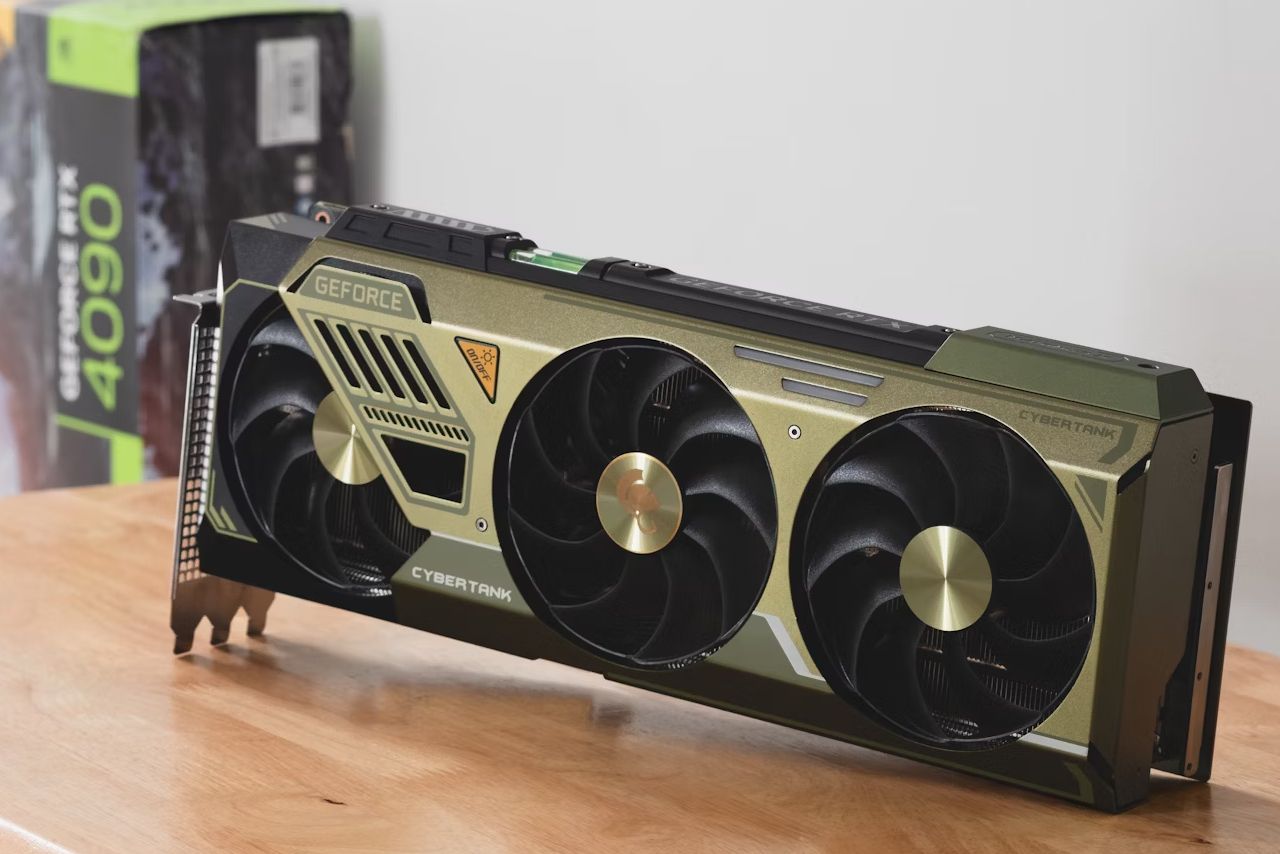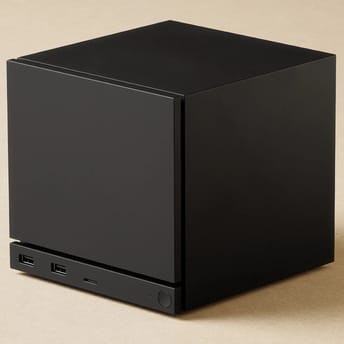US to Force High-End Gaming GPUs to Implement Geo-Tracking Tech

|
|
Key points
- US Senator Tom Cotton’s bill would force Nvidia, AMD and Intel to add location-tracking tech to AI chips and GPUs.
- If the legislation is passed, companies like Nvidia may soon have to re-engineer existing products like the RTX 4090 or RTX 5090.
- The bill builds in phased timelines and review processes, offering companies a longer runway but not a reprieve.
US Senator Tom Cotton’s bill would force Nvidia, AMD and Intel to add location-tracking tech to AI chips and GPUs.
If the legislation is passed, companies like Nvidia may soon have to re-engineer existing products like the RTX 4090 or RTX 5090 to include GPS-style tracking systems.
The bill focuses on products listed under export control codes like 3A090, a category that includes not just AI accelerators and HPC servers but also commercial GPUs with potential military applications. Under the bill, all covered products would need to incorporate a mechanism that allows the US government to verify a chip’s physical location after export, with exporters required to track and report any unauthorized movement or tampering.
The legislation grants the secretary of commerce the authority to maintain a registry of current end-users and chip locations and to verify the status of exported components at any time. Companies would also be required to notify the Bureau of Industry and Security if they suspect a component has been rerouted to a restricted location or altered.
The bill’s drafters appear aware of the difficulty of retrofitting already-designed chips and the slow pace of semiconductor development. That’s why the bill builds in phased timelines and review processes, offering companies a longer runway but not a reprieve.













